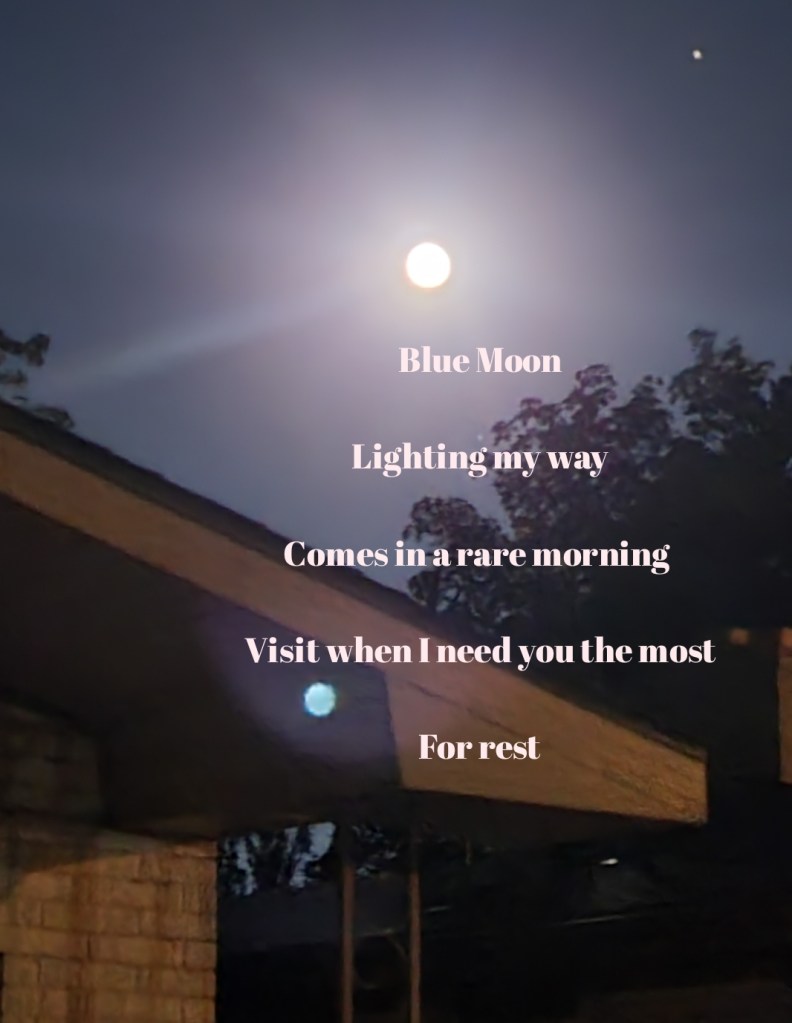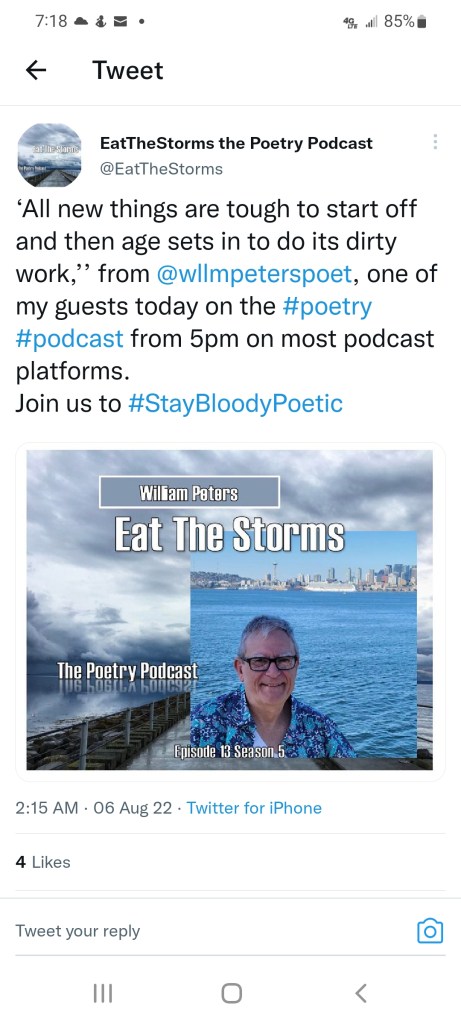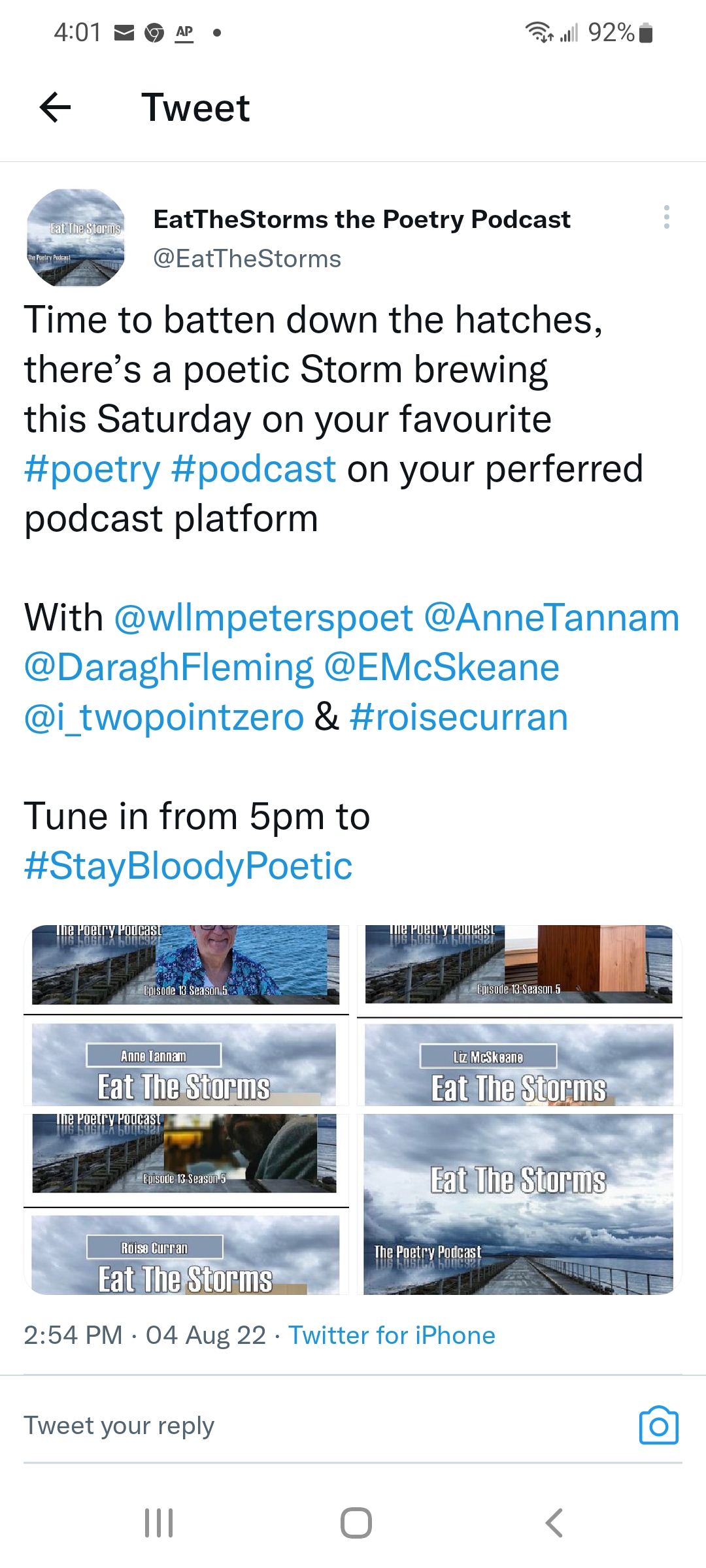While teaching English to 9th Graders in the mid-1990’s, I read in my local newspaper a list of classes being offered by Community Education during the Spring Semester. A Poetry Writing class was being offered by Leslie Ovard, an Idaho State University instructor. I had been interested in writing for years, but now I had a method of writing that I wanted to explore.
The class was organized as a workshop. We would come each week with a poem, created from a writing prompt from the previous week. I started writing about what I knew– the mining industry in North Idaho. I am from Kellogg, Idaho, and my father’s family had immigrated there from Camborne, Cornwall. His grandfather had come to the area since the 1880’s, probably in the gold mining camps of Pritchard and Murray north of Kellogg.
On the first night of the class, I found that I was the only male who signed up for the class. I was not too surprised. The only reason why I mention it is that I seemed to be treated differently when we shared and commented on our weekly writings. My stuff seemed to be chewed up and spit out quicker than others.
I didn’t take it personally. It was more of a humorous highlight–more of a challenge. A few weeks in, one of the ladies brought it to the class’s attention that my writings seemed to be getting more negative comments. Actually, I used the comments as more of a personal insight. I spent more time editing and polishing my writings, knowing that they would be bulldogged. I used the comments to improve. However, after that comment, I did feel that I was more a part of the class.
I kept returning to mining themes for writing my poems. I always admired my Dad who spent his whole working life as a hardrock miner. He was proud to be a Mainline Motorman. I wanted to memorialize his life’s work in poetry. My writing grew from a chore of completing a weekly assignment to a love of finding my writing voice. Having a real goal improved my results.
My mining poems were eventually gathered together and self published as my first Chapbook in 2004. The title of that first work was Miner Moments. I only hand-sold less than ten copies. I gave away more copies to family and friends than I sold. My pay was in thank-you’s. I’m reminded of Henry David Thoreau’s comment after publishing Walden: “I have now a library of nearly nine hundred volumes, over seven hundred of which I wrote myself. Is it not well that the author should behold the fruits of his labor?”
When l published my 25-year collection of poetry in January of 2022, Writing in Sand, I included all my poems from Miner Moments. I’m still proud of that first Chapbook since it was dedicated to my Dad.
My next post will continue my writing journey in poetry. What happened after the writing class? How did it change my writing life?
What are you most proud of in your life? If you are a writer or a poet or another creative, what got you started? How did you go about finding your voice in writing or creating? I love sharing stories. None are too small to hear.
amazon.com/author/williampeterspoet




You must be logged in to post a comment.